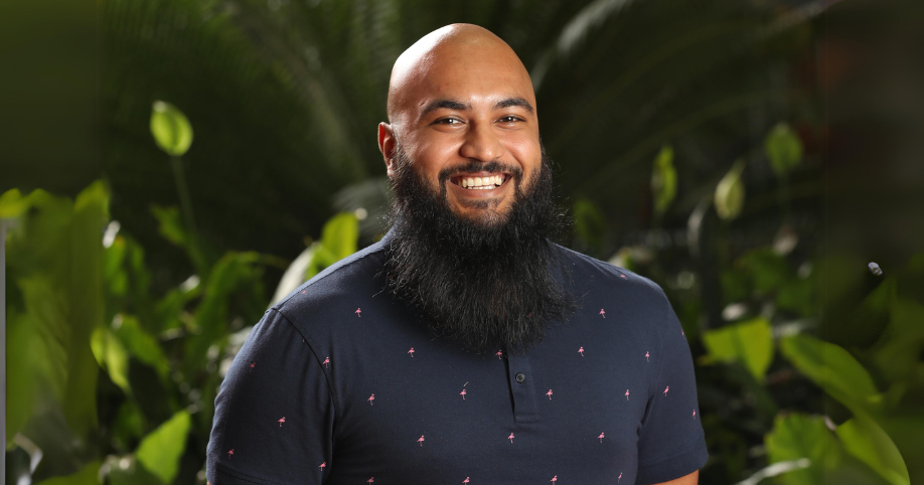
A Mater Research final year PhD student has secured the 2024 Gunn Family Haematology Fellowship to embark on a world-first project to design a mRNA vaccine for people with a rare blood disorder.
The $450,000, three-year fellowship, funded through the Snowdome Foundation, has been awarded to Muhammed B. Sabdia to advance the understanding and treatment of a condition called Light chain (AL) amyloidosis, a rare disorder with a median survival rate of less than five years.
This rare plasma disorder creates “twisted clumps” of proteins, known as amyloid, that accumulates in vital organs. This damages these organs, including the heart, and leads to life-threatening and often fatal conditions.
Mr Sabdia aims to use the fellowship to design personalised mRNA vaccines, that may lead to new treatment options for people with this rare disorder.
A member of Mater Research’s Blood Cancer Research Group, led by Professor Maher Gandhi, Mr Sabdia said that he chose to focus on AL amyloidosis because of the poor outcomes of patients.
“Due to it being such a rare disorder, there is limited research and development, with a need for new novel targeted therapies to accelerate clinical outcomes,” Mr Sabdia said.
He will focus on a personalised immunotherapeutic approach that harnesses a patient’s own T-cell immunity to eradicate each patient's unique disease.
This work will be conducted on the PA Hospital campus, in collaboration with Associate Professor Peter Mollee, the foremost Australian expert on Amyloidosis, and Director of the QLD Amyloidosis Centre, an Australian leader in Amyloidosis diagnosis and treatment.
In collaboration with Dr. Seth Cheetham, the deputy director of the BASE mRNA facility at The University of Queensland, Mr Sabdia will design and develop personalised mRNA vaccines that will direct a patient’s T-cells to target unique proteins on the patient’s unique plasma cells called neoantigens.
Mr Sabdia said that this would enable the T-cells to specifically eradicate the plasma cells that cause disease, promoting long-lived immunosurveillance and remission.
“By focusing on early intervention and personalised immunotherapy, I hope to prevent the development of advanced organ damage, which is the primary cause of morbidity and mortality in this disease,” Mr Sabdia said.
“Receiving this prestigious fellowship so early on in my career will enable me to develop the necessary expertise to accelerate the understanding and treatment of rare blood disorders.
“The methodology I am proposing will be transferable to blood disorders and cancers which will foster further collaborations with other researchers and clinicians, both locally and internationally.
“I am incredibly grateful to both the Gunn Family and the Snowdome Foundation for providing this incredible opportunity, which I hope will lead to improved outcomes for patients with blood disorders and cancers."
To learn more about the Blood Cancer Research Group, click here.



